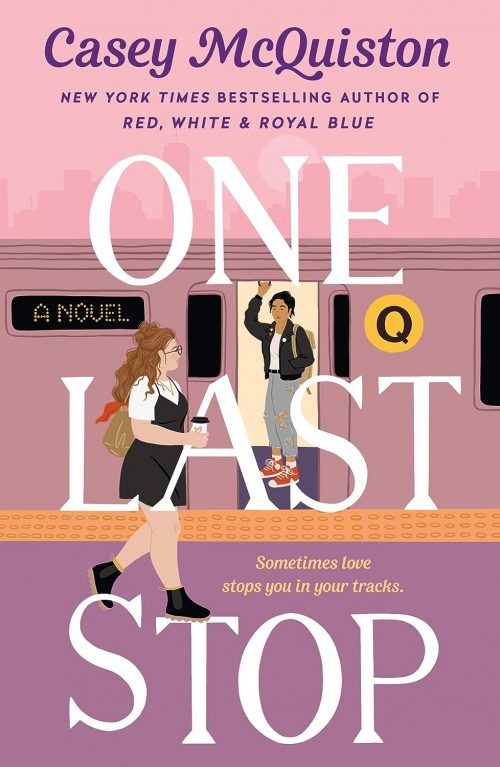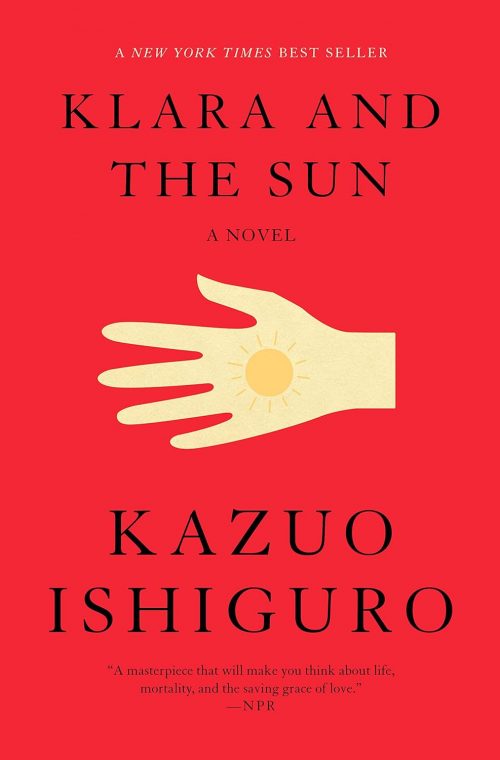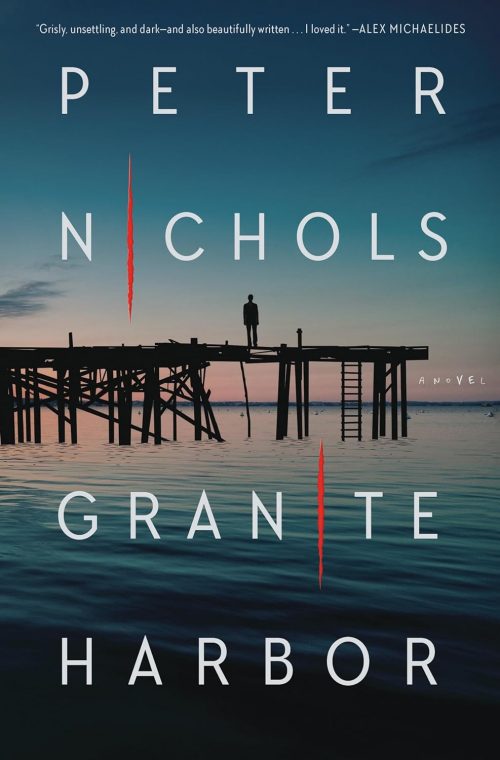Matrix
In “Matrix,” Lauren Groff crafts a formidable and lyrical celebration of female autonomy and spirituality, set against a medieval tapestry that teems with both divine and earthly challenges. This novel is Groff’s first since her critically acclaimed “Fates and Furies,” and it marks a bold departure into historical fiction, evoking a past era with rigorous imagination and fervent detail.
The protagonist, Marie de France, is cast out from the royal court by Eleanor of Aquitaine. At only seventeen, she is sent to England to serve as the prioress of an impoverished abbey, a sanctuary teetering on the brink of dissolution. The abbey, beleaguered by starvation and disease, presents Marie with a stark and brutal beginning. However, Groff masterfully portrays Marie’s evolution from a reluctant leader to a visionary force, asserting her will in a world that is often hostile to the very notion of female authority.
Groff’s narrative is resplendent with rich descriptions and keen psychological insights. Marie, a character inspired by a historical figure about whom little is known, is reimagined here with monumental interiority and complexity. Her transformation is not just spiritual but also deeply entrenched in the worldly concerns of leadership and survival. The prose, both lush and controlled, encapsulates the era’s visceral rawness, weaving a tapestry of passion, violence, and religious ecstasy.
The novel’s theme of female creativity and agency resonates potently. Groff challenges the historical sidelining of women’s voices and achievements by centering the story around Marie’s visionary leadership and her radical ideas for the future of her convent. The author deftly explores these themes through the lens of both the sacred and the profane, suggesting that the divine and the earthly are not always distinct but often intertwined in the messy tapestry of human experience.
“Matrix” is not merely a historical novel; it is a profound reflection on the forces of corruption, the nature of power, and the unyieldable spirit of women. It questions the reconcilability of a woman’s vision with a corroding world, pitting eternal spiritual desires against temporal struggles.
However, some readers might find the pacing uneven, as Groff takes her time to build the world and delve deep into Marie’s inner life, possibly at the expense of a more action-driven plot. Nonetheless, those who are drawn to character-driven narratives and poetic storytelling will find “Matrix” a mesmerizing read.
In conclusion, Lauren Groff’s “Matrix” is a compelling and innovative exploration of medieval life through the lens of a woman who bends the arc of her destiny against overwhelming odds. It is a defiant assertion of the power of female creativity in a historical context that often sought to suppress it, rendered with Groff’s characteristic lyricism and emotional depth. This novel is a significant addition to Groff’s oeuvre and a meaningful contribution to the broader discourse on women’s historical narratives.









Reviews
There are no reviews yet.